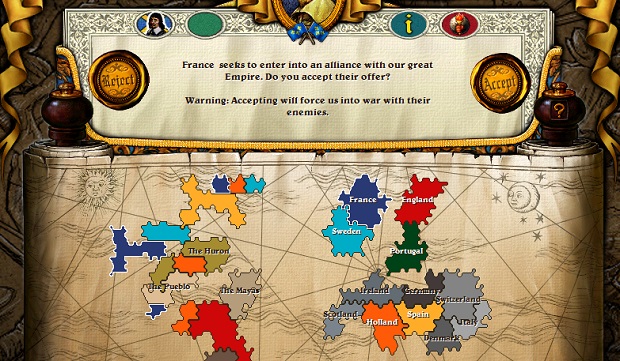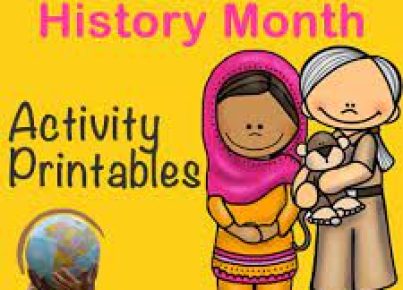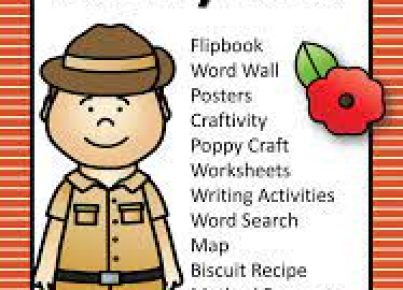Introduction:
Imperialism is a historical phenomenon that has shaped the world in numerous ways. This subject is a crucial element of social studies and history curricula, particularly for high school students. Teaching about imperialism can sometimes be challenging, as students may find it difficult to grasp the concepts and significance behind this complex topic. Incorporating simulation activities into your lesson plans can be a powerful teaching tool, engaging students in active learning experiences. Here are some of the most engaging imperialism simulation activities for students to help them better understand imperialism and its effects on different societies.
1. The Conqueror Game:
In this competitive activity, students are divided into teams representing different imperial powers from the late 19th and early 20th centuries (e.g., Britain, France, Germany). Each team works together to “conquer” territories, gain resources, and expand their empire on a map displayed in the classroom or using online resources. In doing so, they learn about events that shaped real-world historical situations as well as the challenges faced by both imperial powers and conquered nations.
2. The Colony Management Simulation:
This simulation presents students with the challenge of managing a fictional colony in an effort to maintain stability while maximizing profits for the mother country. Students must carefully balance resources, manage trade routes, handle internal conflicts and negotiate with other countries while facing unexpected challenges such as natural disasters or uprisings.
3. Role-Playing Scenarios:
Students assume specific roles within imperialist nations or colonies, acting out scenarios based on historical facts and contexts. Roles can include government officials, military leaders, indigenous people leaders, and merchants—each with distinct goals and interests. Through role-play sessions, students explore various perspectives that lead to deeper understanding of imperialism’s effects on societies.
4. The Treaty Negotiation Exercise:
In this activity, students participate in a mock negotiation to gain control over valuable resources or strategic territories. They represent different countries with varying power dynamics, influence, and interests, learning about the process of diplomacy in the context of imperialism. Students use negotiation strategies to craft agreements that favor their country’s objectives while trying to prevent other countries from doing the same.
5. The Economic Development Project:
In this long-term project, students are tasked with developing a plan to help improve the economic situation of a colony or an occupied region. They consider factors such as infrastructure, education, public health, and trade relations in their plan and analyze how these factors were influenced by imperialism. By working on this project, students gain a deeper understanding of the long-lasting effects of imperialism on the development of societies.
Conclusion:
Imperialism simulation activities provide students with valuable opportunities to engage with history and understand its relevance. They allow students to take an active role in their learning and see historical events unfold from different perspectives. Incorporating these activities into your classroom can not only spark students’ interest in imperialism but also cultivate critical thinking skills to better grasp the complexities between imperial powers and colonized nations.





